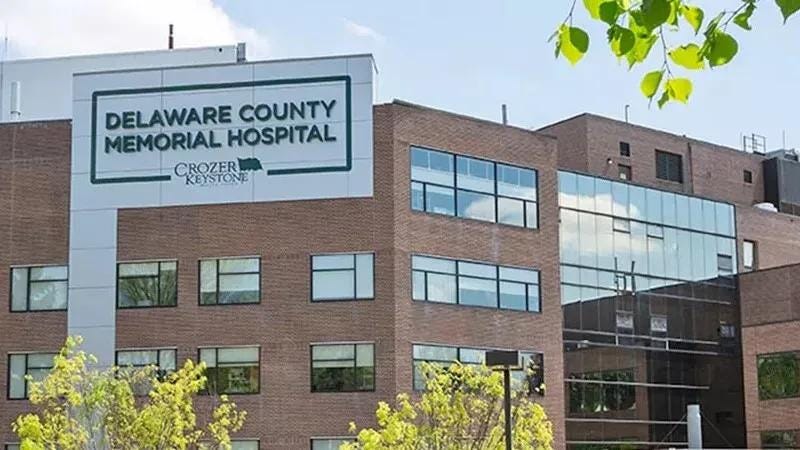
PHILADELPHIA (KYW Newsradio) — Some lawmakers in Harrisburg are pushing to make changes to the way Pennsylvania hospital closures are managed. There is now a bill in the Pennsylvania House aimed at making the closure process more transparent to the communities affected.
Related podcast
Over the past few years, state Rep. Jennifer O’Mara has seen firsthand how a hospital closure can affect a community.
“I live within three minutes of Springfield Hospital. That hospital shut down. Delaware County Memorial Hospital. That hospital shut down. Keystone Crozer has had systemic shutdowns of different departments,” O’Mara said.
The Delaware County representative says this issue is not unique to her region.
“In counties all over the state we are facing hospital closures, and those closures are creating health care deserts,” she said.
“Pennsylvania isn’t prepared for this health care crisis.”
In an effort to address the problem, O’Mara and several other state lawmakers recently introduced a bill that would change notification times for hospitals “from 90 days, which are what the current requirement for notices is, to 180 days,” she said.
“In addition to adding more time, we would require a public hearing to be held by the entity that is closing the hospital.”
The bill would also require hospital owners to do research into how the closures will affect a community.
“The owner of the hospital would also have to conduct research to provide data to the county, that would include a number of key data points that would allow the county to prepare how many patients are going to that hospital, what are they primarily being seen for, that would allow the county to prepare for the impact.”
She says this bill needs to become law because of the ripple effect caused by the hospital closures.
“We’re hurting the community in so many ways. We’re seeing people lose their jobs. We’re seeing the local economy lose huge business that brings people to our community for all different reasons. And then the most important thing is patients have vary now in where they can go and it’s really impacting the most vulnerable communities.”
O’Mara says she’s confident the legislation will pass.
“I have yet to have a stakeholder reach out to me and tell me they oppose the bill,” she said.


